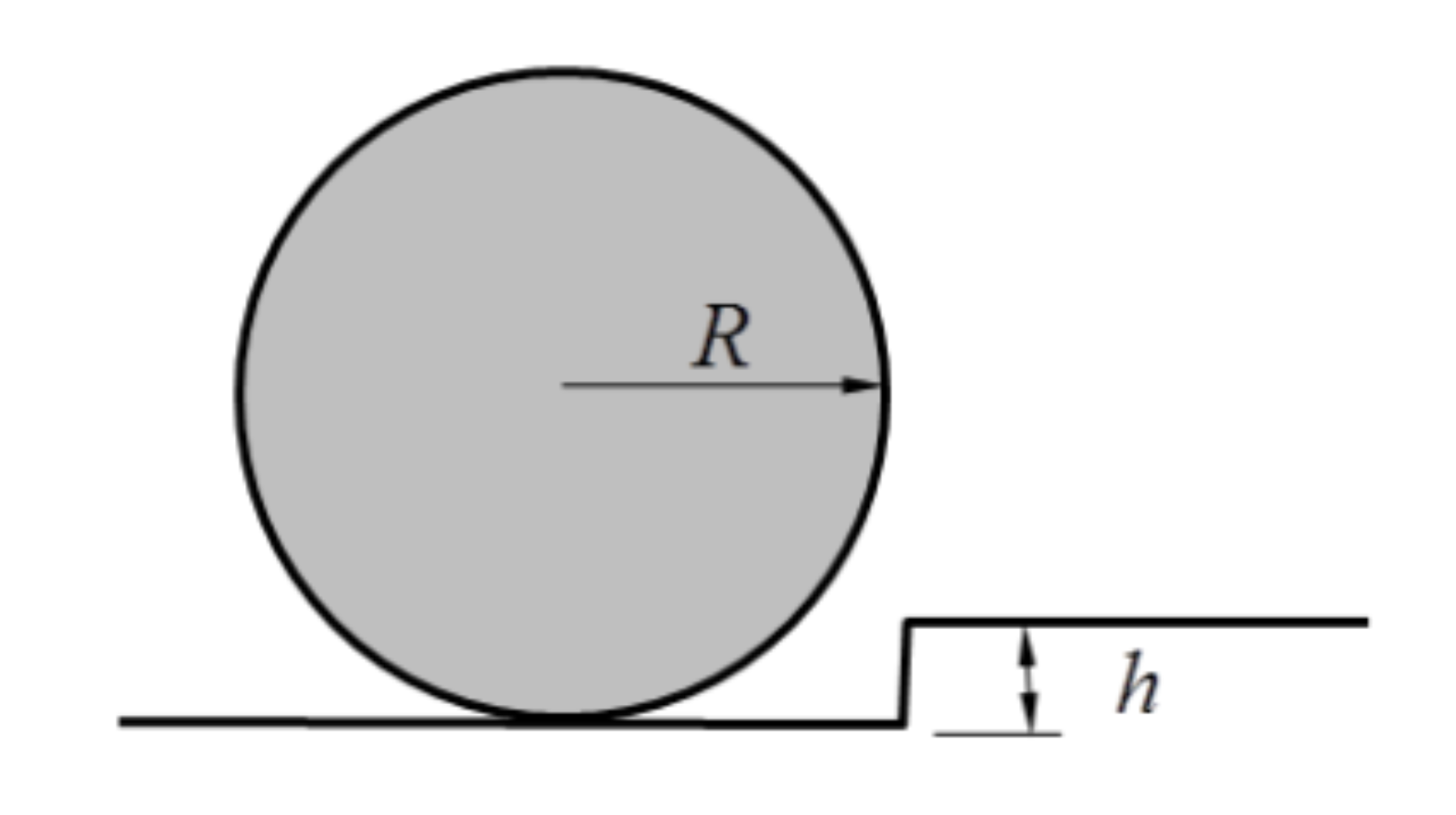Is momentum really conserved when two bodies collide?
What about friction between the 2 bodies during collision and between the bodies and the ground?
Does friction become internal force here?
I just assumed that the time interval of collision is small so friction can be ignored during collision... am I correct?
But then when friction is impulsive, it is not ignored and momentum is not said to be conserved... so my small time interval assumption doesn't really work out here.
(Also,unrelated but when does friction become impulsive so that momentum won't be conserved?)
Edit: @dominecf
'Momentum is supposed to be conserved at all circumstances.'
Its most certainly is not conserved in this case right? Friction is said to be impulsive in this case and hence momentum is not conserved.
My doubt is when 2 bodies collide (straight on). Won't there be impulsive forces acting on them? And so how could momentum be conserved?

